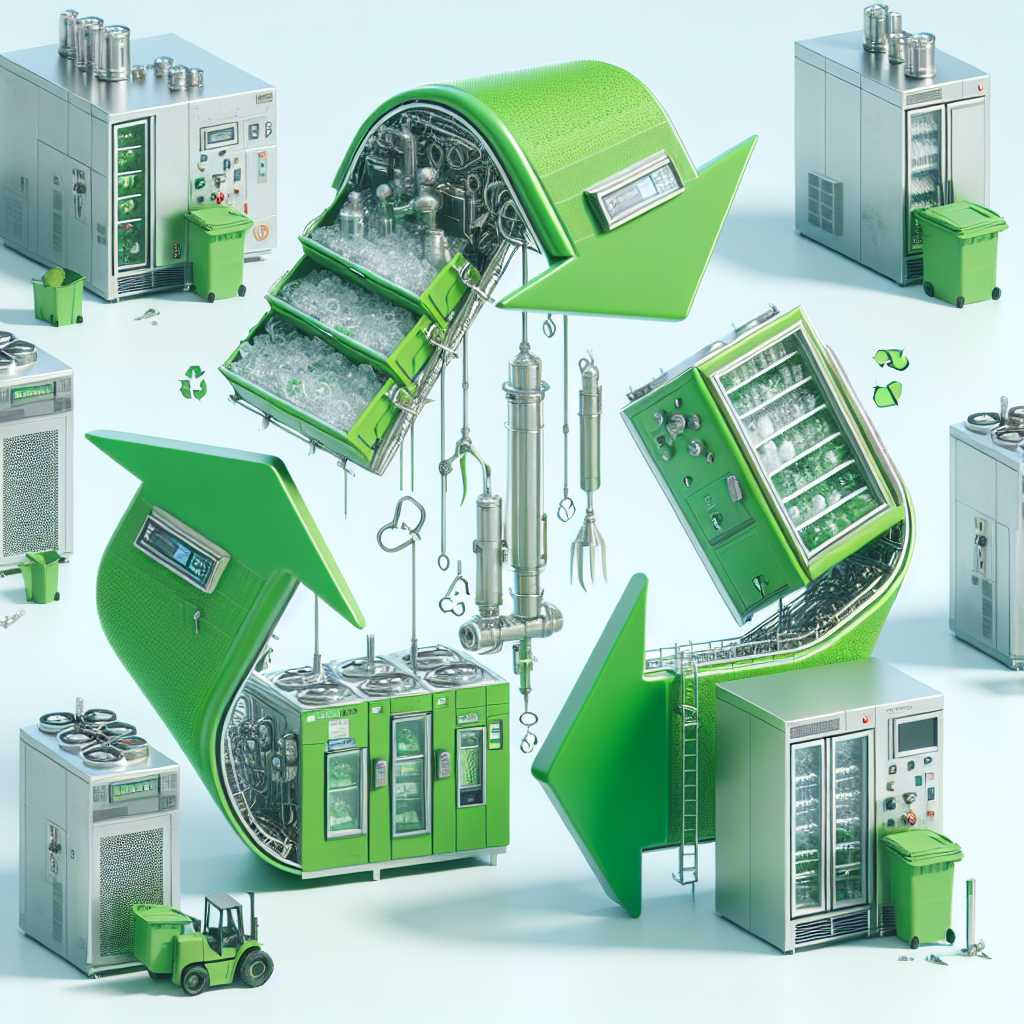Blog Ecobraz Eigre

Scientific Refrigeration Recycling: Freezers and Deep Freezers
Introduction to Scientific Refrigeration Recycling
Freezers and blast freezers are essential equipment in laboratories for storing biological samples, vaccines and reagents. However, improper disposal and recycling of these devices can pose significant environmental risks due to the refrigerant gases and electronic components present.
Environmental Impacts and Applicable Regulations
Traditional refrigerant gases, such as CFCs and HCFCs, have the potential to destroy the ozone layer and contribute to the greenhouse effect. The Law No. 12.527/2011 establishes regulations for the control and environmentally appropriate disposal of technological waste, including scientific refrigeration equipment.
According to the National Solid Waste Management Information System (SINIR) and the Technical Reference Manual, the disposal of this equipment must prioritize the recovery of components, decontamination of fluids and the safe disposal of remaining materials.
Procedures for Collection and Recycling
The process begins with safe decommissioning, which includes the removal and treatment of the refrigerants by qualified technicians, following CETESB standards to prevent leakage and environmental contamination.
After decontamination, the electronic circuits and metals are separated for secondary recycling, with a view to reuse and minimizing waste sent to landfills. For the correct collection and disposal of this equipment, it is recommended to use specialized platforms that promote the scheduling of electronic waste collection with environmental compliance and safety.
Safety in the Destruction of Data in Equipment with Memory
Modern equipment can include computer systems for monitoring and control. In these cases, it is essential to carry out secure processes for the elimination of sensitive stored data, avoiding legal and confidentiality risks. Specialized services in safe sanitization of hard drives guarantee compliance and protection of information.
Benefits and Responsibilities
The correct handling and recycling of this equipment minimizes environmental impacts, prevents soil and water contamination and promotes the rational use of natural resources. In addition, compliance with current legislation avoids administrative and criminal sanctions in the environmental sphere.
Sustainable development in the scientific refrigeration sector depends on integration between EHS managers, legal, purchasing and specialized technical sectors to ensure the proper cycling of equipment at the end of its useful life.
Conclusion
The recycling of freezers and blast freezers requires technical expertise and knowledge that respects Brazilian environmental legislation. Increasing responsible practices helps to mitigate negative impacts, preserve the environment and comply with current regulations.

Deixe um comentário
O seu endereço de e-mail não será publicado. Campos obrigatórios são marcados com *